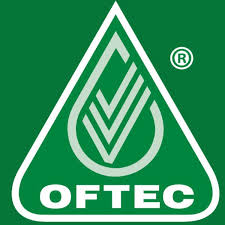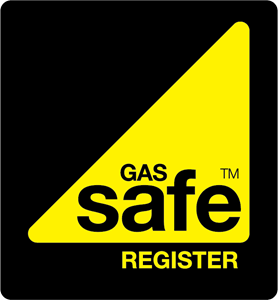Boilers come in all shapes and sizes, and they come in different formats too.
One thing people seldom think about is the fuel type that they run on.
Natural Gas, LPG, and Oil are the most common fuel sources in the UK, and all of them have pros and cons.
I’m going to go through the pros and cons, and try and give you an experienced view point of all three.
Let’s start with the less common fuel source….Oil.
OIL
Usually found in less built up areas, farms and similar homes have been heated by oil for decades, and in the surrounding villages of Hull, and the villages in East Yorkshire, a lot of them still are.
The obvious advantage of Oil, is that it is a great option for when the area doesn’t have natural gas.
Having a high heat output, it can also be cost effective (depending on the current price).
Other advantages include, being stored on site, and also being compatible with most heating systems.
There is no standing charges for storage, and the boilers if looked after, have a long life span.
The disadvantages of Oil is that storage of the oil can take up a lot of space.
Storage tanks have to be sited in such away to adhere to OFTEC regulations.
The initial costs of installing oil heating systems are considerably higher than that of NG and LPG.
As well as higher maintenance costs, such as servicing and replacement nozzles, filters and hoses.
There is also the potential of theft.
From an engineers view point, oil is dirty, and it comes with a lot more considerations, due to the risk of spillage, and its effects on the environment.
LPG
The biggest advantage is that the similarities to natural gas boilers, only needing a conversion kit to make them compatible.
LPG is efficient, powerful, and modern boilers run at over 90% efficiency.
LPG burns cleaner than oil, making it more environmentally friendly.
With the boiler being the same as natural gas, they are compact and quiet.
They are also compatible with modern smart controls such as Nest and Hive.
The disadvantages are that you need a storage tank onsite, or even more unsightly gas bottles.
The costs of LPG are higher than natural gas, making them more expensive to run.
NATURAL GAS
No doubt, the best and most common fuel type is natural gas, it’s what everyone knows about and it’s what most people have experience with.
It’s relatively affordable, it’s clean, and with there being a mains supply, there is no need for unsightly storage issues.
It goes without saying, that out of all 3, Natural Gas is the go to option.
If you are faced with the choice of either Oil or LPG, then my opinion would be that LPG is the best choice.
When you compare the running costs, maintenance costs, boiler warranty lengths, and the fact that the majority of modern LPG boilers are hydrogen ready.
It really is a no brainer.


